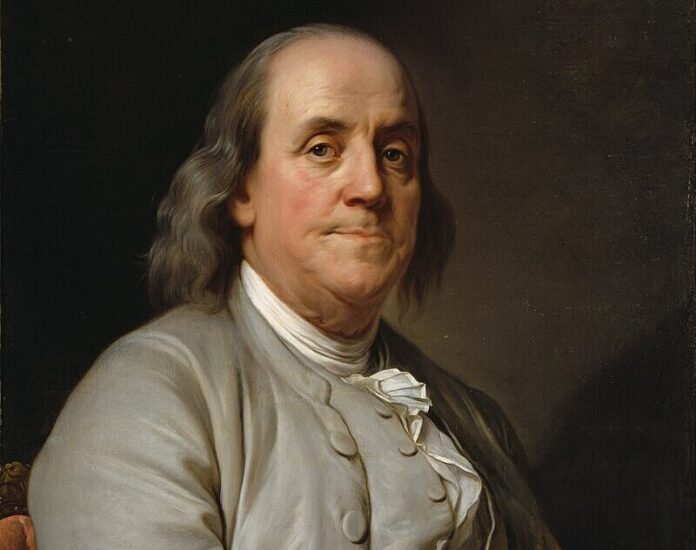The Founding Fathers of the United States are revered figures in American history, celebrated for their role in shaping the nation’s founding principles and institutions. However, over time, myths and misconceptions have arisen surrounding their lives and contributions. By examining historical evidence and scholarly research, we can dispel some of these common myths and gain a clearer understanding of the Founding Fathers’ legacy. Here are three myths about the Founding Fathers dispelled.
The Founding Fathers Were a Homogeneous Group
One of the most pervasive myths about the Founding Fathers is the notion that they were a monolithic group with uniform beliefs and backgrounds. In reality, the Founding Fathers were a diverse collection of individuals with varying political ideologies, religious affiliations, and personal interests. While figures like George Washington, Thomas Jefferson, and Benjamin Franklin are often highlighted, there were many other lesser-known Founding Fathers who made significant contributions to the founding of the nation. Additionally, the Founding Fathers held differing views on key issues such as slavery, states’ rights, and the role of government, leading to lively debates and disagreements during the founding era.
The Founding Fathers Were All Wealthy Aristocrats
Another common myth is the belief that the Founding Fathers were all wealthy elites from privileged backgrounds. While some, like Washington and Jefferson, were indeed affluent landowners and members of the colonial aristocracy, others came from more modest or even impoverished backgrounds. Figures like Alexander Hamilton, John Adams, and James Madison rose to prominence through their intellect, ambition, and dedication to public service rather than inherited wealth or social status. The diversity of the Founding Fathers’ socioeconomic backgrounds underscores the democratic principles upon which the nation was founded and challenges the notion of an exclusively elitist ruling class.
The Founding Fathers Intended for the Constitution to Remain Unchanged
There is a misconception that the Founding Fathers intended for the Constitution to remain static and unchanging over time. In reality, the framers of the Constitution understood the need for flexibility and adaptability in governance, which is why they included mechanisms for amending the document. The Constitution has been amended 27 times since its ratification in 1788, reflecting the evolving needs and values of American society. The Founding Fathers recognized that the Constitution should serve as a living document capable of responding to the challenges and aspirations of future generations, rather than being bound by the constraints of the past.

